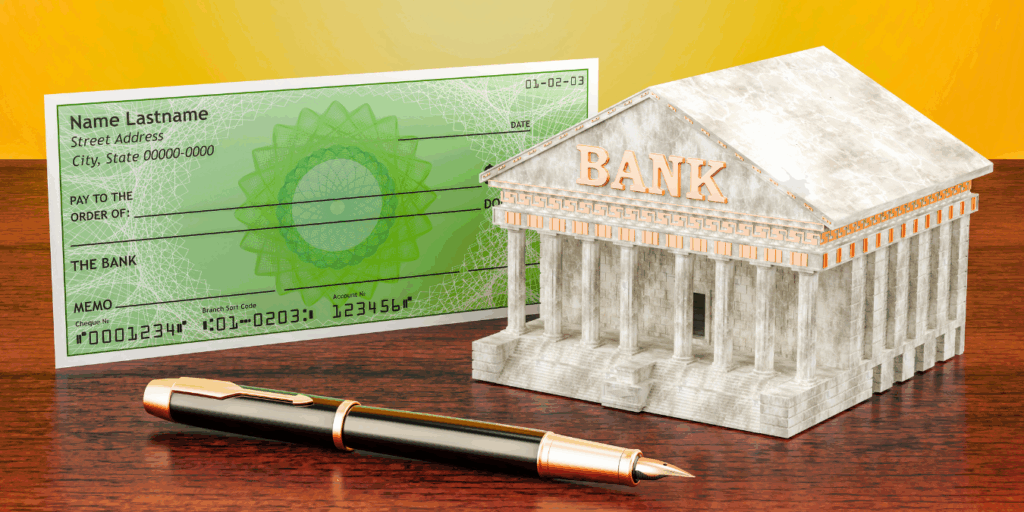
” Learn how closing a credit card affects your credit score and the right way to deactivate it. Discover tips to minimize credit score impact, redeem rewards, and manage credit utilization. Stay informed with the latest 2023 data and trends to make smart financial decisions. Read now! “
Closing a credit card is a significant financial decision that can impact your credit score. While there are valid reasons to deactivate a credit card, such as high annual fees or security concerns, it’s essential to understand the potential effects on your credit score and how to minimize any negative impact. This blog post will provide you with the latest data, expert insights, and step-by-step guidance on how to deactivate a credit card the right way. We’ll also include SEO keywords to help you rank on Google and reach a broader audience.
How Closing a Credit Card Affects Your Credit Score
One of the biggest concerns when cancelling a credit card is the impact on your credit score. Here are the key factors to consider:
- Credit Utilization Ratio: Closing a credit card reduces your overall credit limit, which can increase your credit utilization ratio. This ratio is the percentage of your total credit limit that you’re using and is a crucial factor in determining your credit score. A higher credit utilization ratio can negatively impact your score.
- Credit History Length: If the card you’re closing is your oldest account, it may shorten your credit history. The length of your credit history accounts for about 15% of your credit score, so closing an old account can have a negative effect.
- Credit Mix: Having a diverse mix of credit accounts, such as credit cards, mortgages, and auto loans, can positively impact your credit score. Closing a credit card can reduce the diversity of your credit mix.
- New Credit Inquiries: If you apply for a new credit card to replace the one you’re closing, the hard inquiry from the application can temporarily lower your credit score.
When Should You Consider Cancelling a Credit Card?
While it’s generally advisable to keep your credit cards open, there are situations where cancelling a card might be a good idea:
- High Annual Fees: If your card’s annual fee outweighs the benefits, consider switching to a no-fee alternative.
- Excessive Interest Rates: If you’re carrying a balance on a high-interest card, consolidating debt or switching to a lower-interest option might be better.
- Security Concerns: If your card has been compromised multiple times, you may prefer to close the account.
- Inactivity: If you have a card that you never use, it might be worth closing it to simplify your finances.
How to Deactivate a Credit Card the Right Way
If you’ve decided to close a credit card, follow these steps to minimize the impact on your credit score:
1. Pay Off the Balance
Before closing the card, ensure the balance is paid in full. Closing a card with an outstanding balance can lead to higher interest charges and negatively affect your credit utilization ratio.
2. Redeem Rewards
If your card has a rewards program, redeem any accumulated points, miles, or cashback before closing the account. Some issuers may forfeit unredeemed rewards upon account closure.
3. Contact Your Card Issuer
Call the customer service number on the back of your card to request account closure. Be prepared to explain your reason for closing the account, as the issuer may offer incentives to keep it open, such as waiving the annual fee or upgrading your card.
4. Get Confirmation in Writing
After closing the account, request written confirmation from the issuer. This document should state that the account was closed at your request and has a zero balance. Keep this for your records in case of any disputes.
5. Monitor Your Credit Report
Check your credit report a few months after closing the card to ensure the account is listed as “closed by consumer” and not as “closed by issuer,” which could negatively impact your score. You can access free credit reports from AnnualCreditReport.com.
Tips to Minimize the Impact on Your Credit Score
- Keep Your Oldest Credit Card Open
Your oldest credit card contributes to the length of your credit history. If possible, keep this card open to maintain a longer credit history. - Lower Your Credit Utilization Before Closing
Pay down balances on other cards to offset the reduction in available credit when you close an account. - Consider a Product Change
Instead of closing the card, ask your issuer if you can switch to a no-fee version of the card. This allows you to keep the account open without incurring costs. - Space Out Credit Card Closures
Avoid closing multiple credit cards in a short period, as this can significantly impact your credit utilization and average account age. - Build a Strong Credit Profile
Maintain a mix of credit accounts, such as credit cards, loans, and mortgages, to demonstrate responsible credit management.
Common Myths About Closing Credit Cards
- Myth: Closing a Credit Card Will Immediately Boost Your Credit Score
Fact: Closing a credit card can actually lower your score due to changes in credit utilization and account age. - Myth: You Should Close Unused Credit Cards to Avoid Fraud
Fact: Instead of closing the card, you can monitor it regularly or set up alerts for suspicious activity. - Myth: Closing a Credit Card Erases Its History from Your Credit Report
Fact: Closed accounts can remain on your credit report for up to 10 years, depending on the credit bureau.
Latest Data on Credit Card Deactivation and Credit Score
According to recent data from the Federal Reserve, consumer credit card delinquency rates have increased sharply, reaching pre-pandemic levels by early 2024. This trend highlights the importance of managing credit responsibly, including the decision to close a credit card. The data also suggests that changes in credit availability to riskier borrowers and the level of real debt account for the majority of these increases.
Closing a credit card is a financial decision that requires careful consideration. While it can simplify your life and save you money on fees, it can also affect your credit score. By understanding the impact on your credit utilization and account age, and by following the right steps to deactivate a credit card, you can minimize any negative effects.
Before closing a credit card, explore alternatives like product changes or downgrades, and always monitor your credit report to ensure accuracy. By taking these precautions, you can maintain a healthy credit score while managing your finances effectively.
-

What Happens to Your Life Insurance Policy If You Move Abroad for Work or Retirement?
-

Why Indian Millennials Are Choosing Buy Now Pay Later Over High-Interest Personal Loans Explained
-

60% Cheaper and 8x Faster: Why Qwen3.5’s Cost Numbers Matter More Than Its Benchmark Claims
-

From HUL Demerger to Magnum Control: Decoding the 26% Stake Deal’s Impact on Everyday Indian Ice Cream Lovers





























